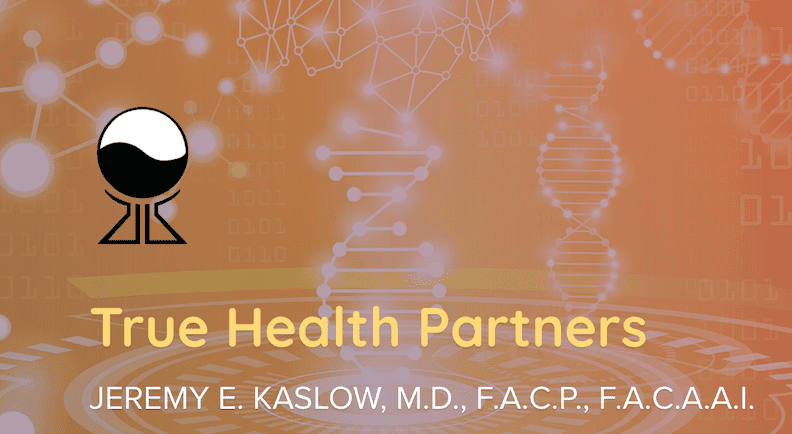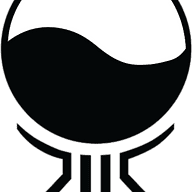Inaut
Member
- Joined
- Nov 29, 2017
- Messages
- 3,620
I also notice mental clarity with clove oil.I tried 1 drop of clove oil with some coconut oil today and I definently felt a reduction in brain fog and some dopaminergic stimulation .
Its not a perfect experiment as I also took a microdose of LSD but I've done that like a dozen times so I know how it feels.
I took the microdose a few hours before the clove oil and while it did give me some motivation and stimulation and didn't get rid of my brain fog.
I'd say those two are probably synergistic as they re both dopaminergic.
My face also looks less puffy and my hair is a little softer.



